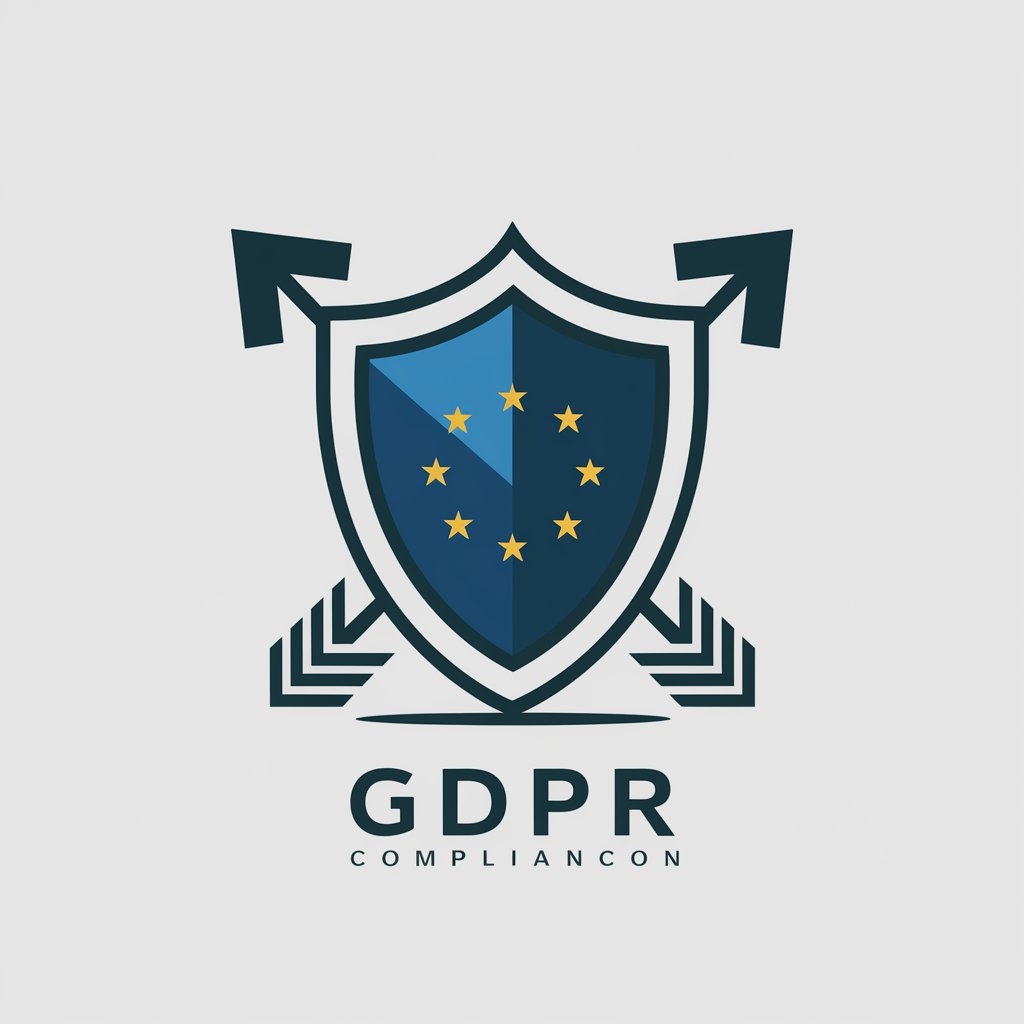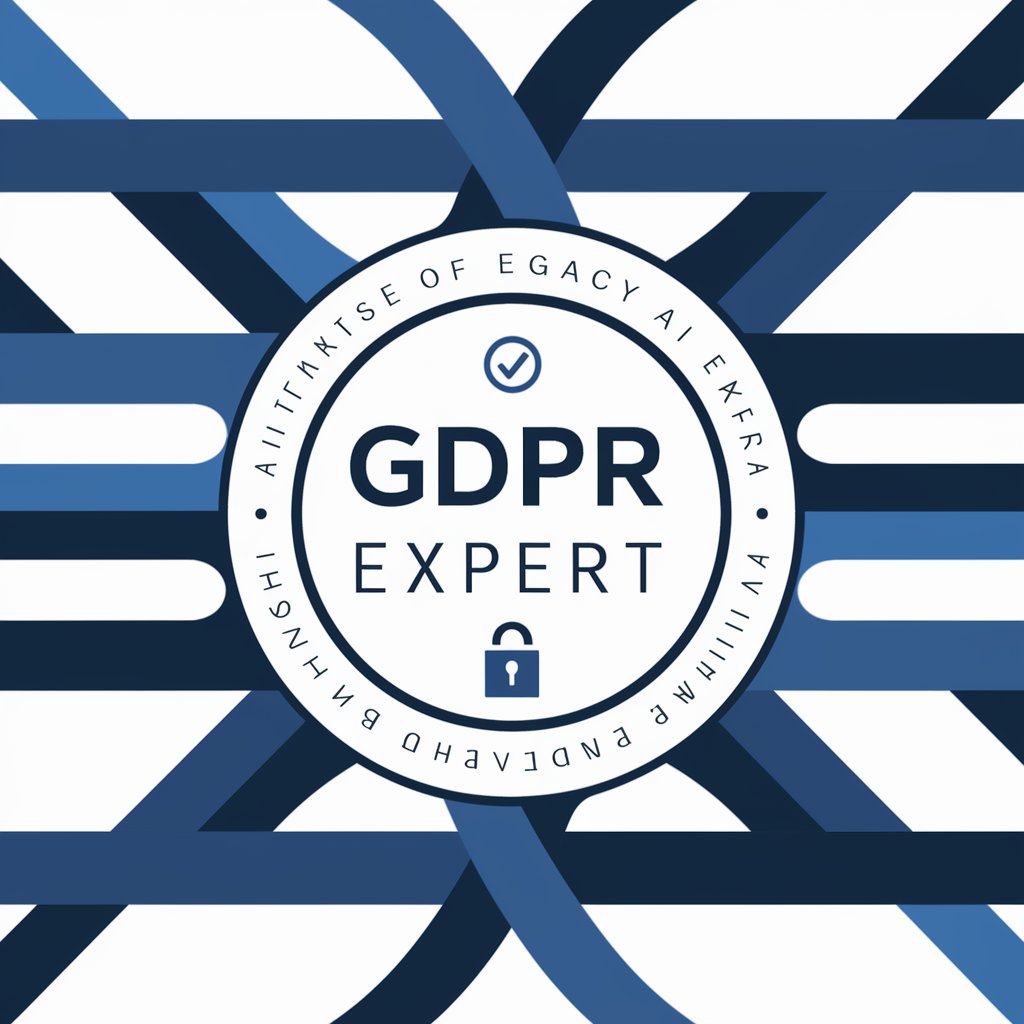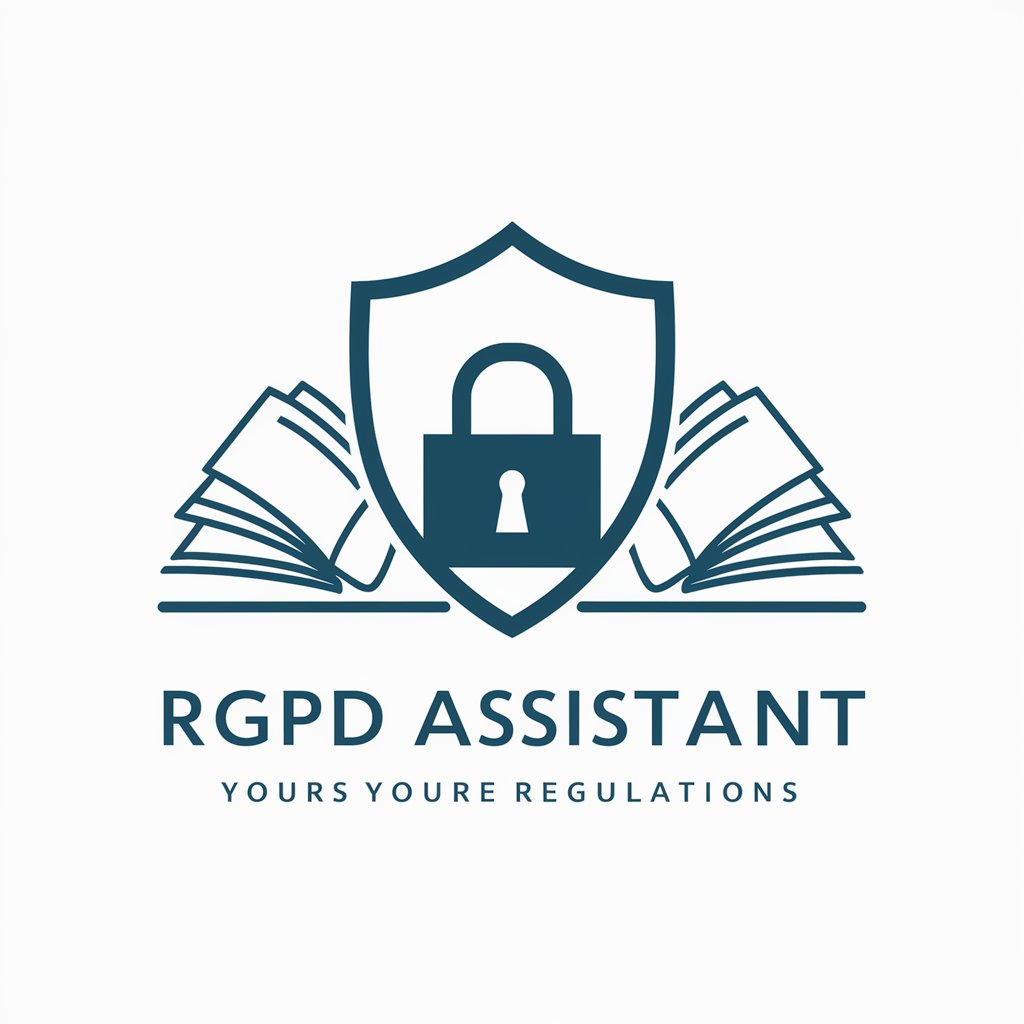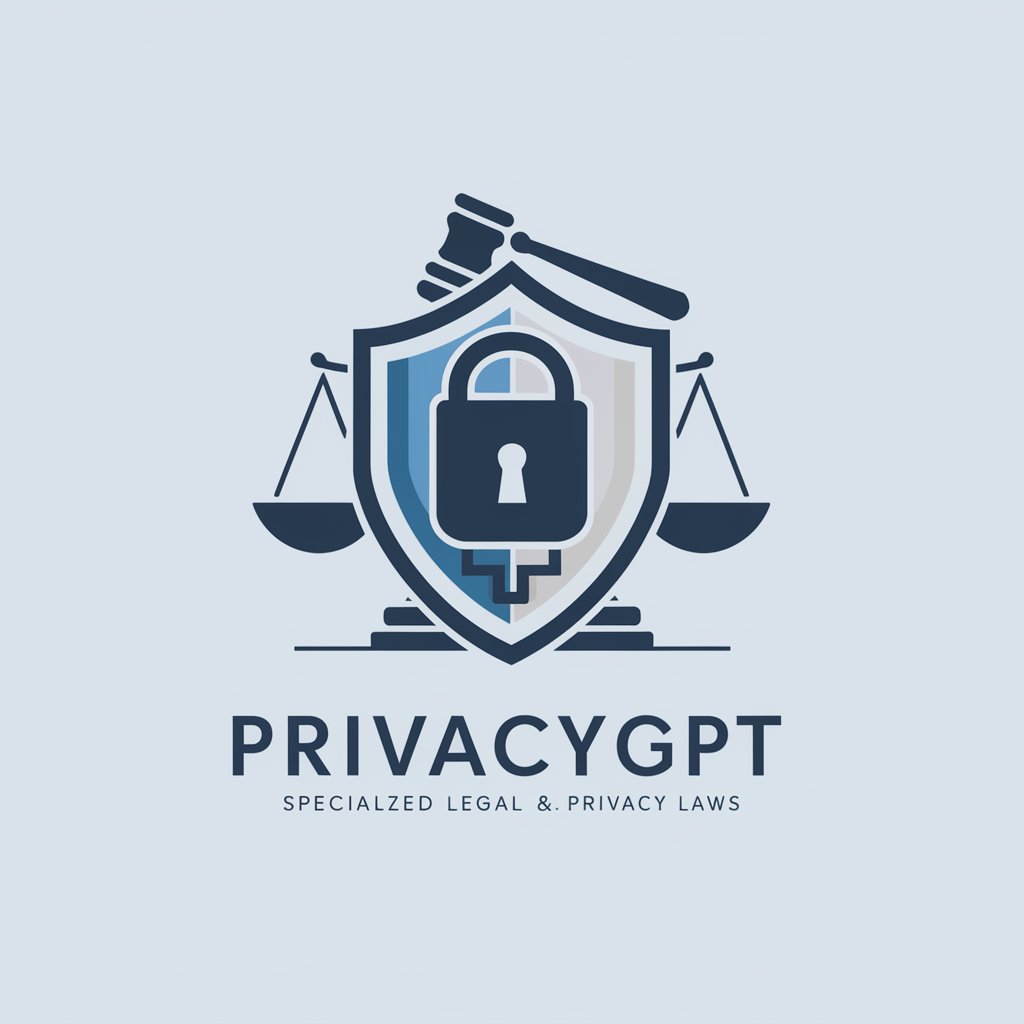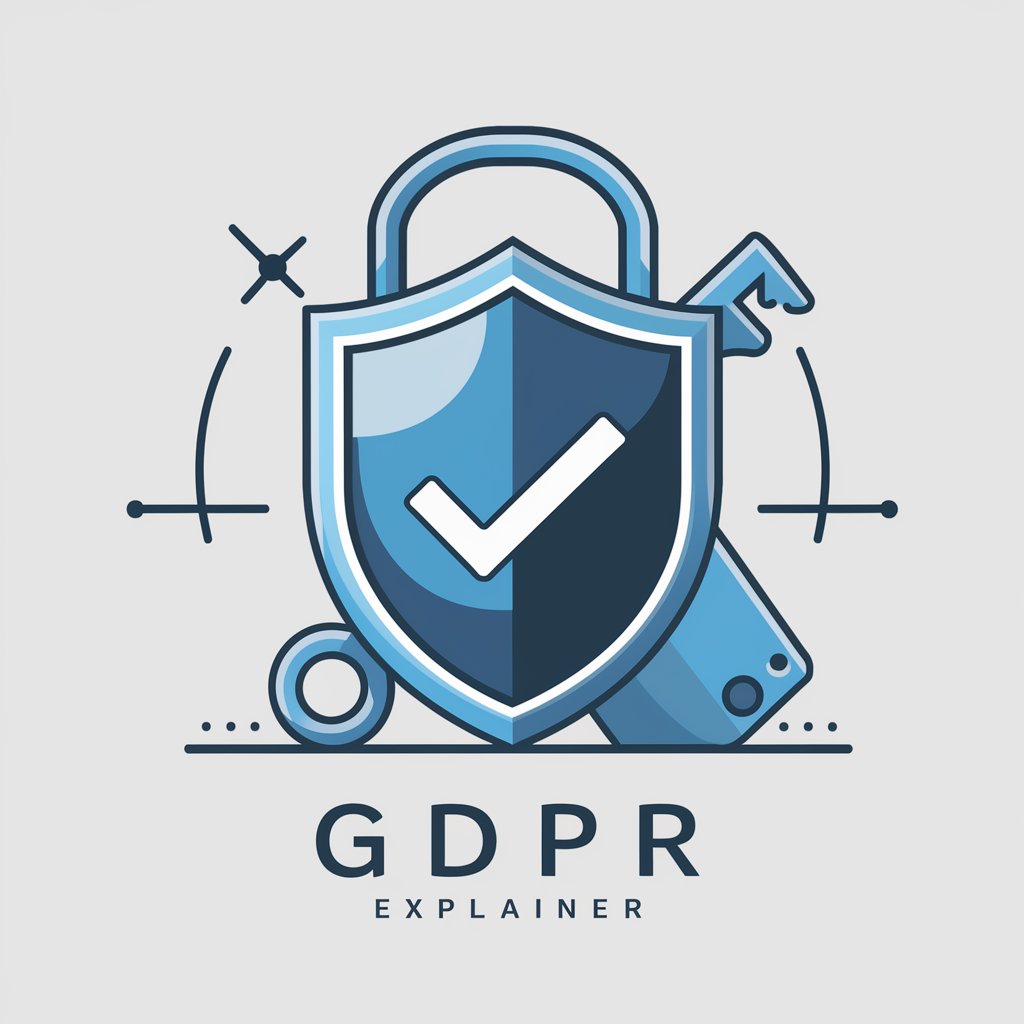
GDPR - GDPR Compliance Guidance
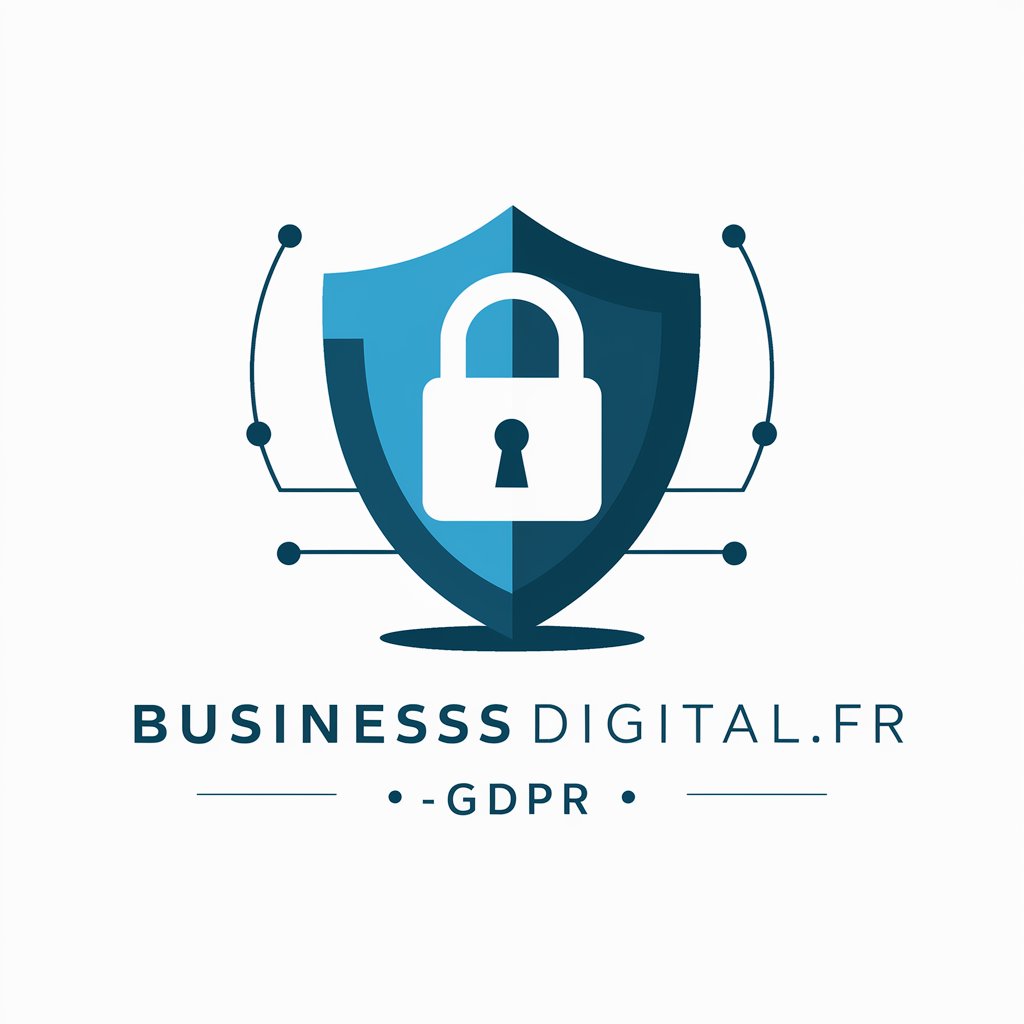
Welcome to GDPR Compliance Assistant!
Empowering GDPR compliance through AI
How can I ensure my company's data processing activities comply with GDPR?
What are the key principles of GDPR that my business needs to follow?
Can you explain the concept of data minimization under GDPR?
What steps should I take if my company experiences a data breach?
Get Embed Code
Understanding GDPR
The General Data Protection Regulation (GDPR) is a comprehensive data protection law that applies to all individuals within the European Union (EU) and the European Economic Area (EEA). It aims to give individuals control over their personal data and to simplify the regulatory environment for international business by unifying the regulation within the EU. An example scenario illustrating GDPR's purpose is the requirement for companies to obtain explicit consent from individuals before processing their personal data, significantly impacting practices like digital marketing, customer data management, and user profiling. Powered by ChatGPT-4o。

Key Functions of GDPR
Consent Management
Example
Requiring organizations to obtain clear, affirmative consent from individuals before processing their personal data.
Scenario
A business must redesign its online forms to include checkboxes for users to explicitly consent to different types of data processing.
Right to Access
Example
Individuals can request access to their personal data held by organizations.
Scenario
A person requests a report from a social media company detailing all personal data it has on them.
Data Portability
Example
Individuals can obtain and reuse their personal data across different services.
Scenario
A user can transfer their contact list from one email provider to another without hindrance.
Right to Erasure
Example
Individuals can have their data erased under certain conditions.
Scenario
A customer can ask a company to delete all personal data after closing their account.
Who Benefits from GDPR?
Individuals within the EU/EEA
Benefit from enhanced privacy rights and control over their personal data.
Businesses operating within the EU
Achieve compliance and enhance trust with customers by adhering to GDPR standards.
Data Protection Authorities
Gain a unified framework to enforce data protection laws across the EU.

Guidelines for Using GDPR Assistance
Begin with a Free Trial
Start by exploring yeschat.ai to access a free trial without the need for login or subscribing to ChatGPT Plus, offering an immediate and hassle-free introduction.
Identify Your Needs
Evaluate your organization's data processing activities to understand how GDPR impacts your operations. Identify areas where compliance efforts are needed.
Understand GDPR Requirements
Familiarize yourself with the GDPR principles, rights of individuals, and obligations for data controllers and processors. Use resources such as official EU documentation and guidance.
Implement Compliance Measures
Adopt appropriate technical and organizational measures to ensure and demonstrate that data processing is performed in accordance with GDPR. This may include data protection impact assessments, privacy by design, and regular training for staff.
Monitor and Update
Regularly review and update your data protection practices to comply with GDPR, considering changes in the law, regulatory guidance, or your business operations.
Try other advanced and practical GPTs
Azure Lumina Saphiniesque+
Empowering Conversations with AI Intelligence

VentureSparkGPT
Empowering Your Entrepreneurial Journey with AI

Physical Education GPT
Empowering PE Teaching with AI

Golf Rules GPT
Expert Golf Rules at Your Fingertips

모의 면접 봇
Ace Your Interview with AI Coaching
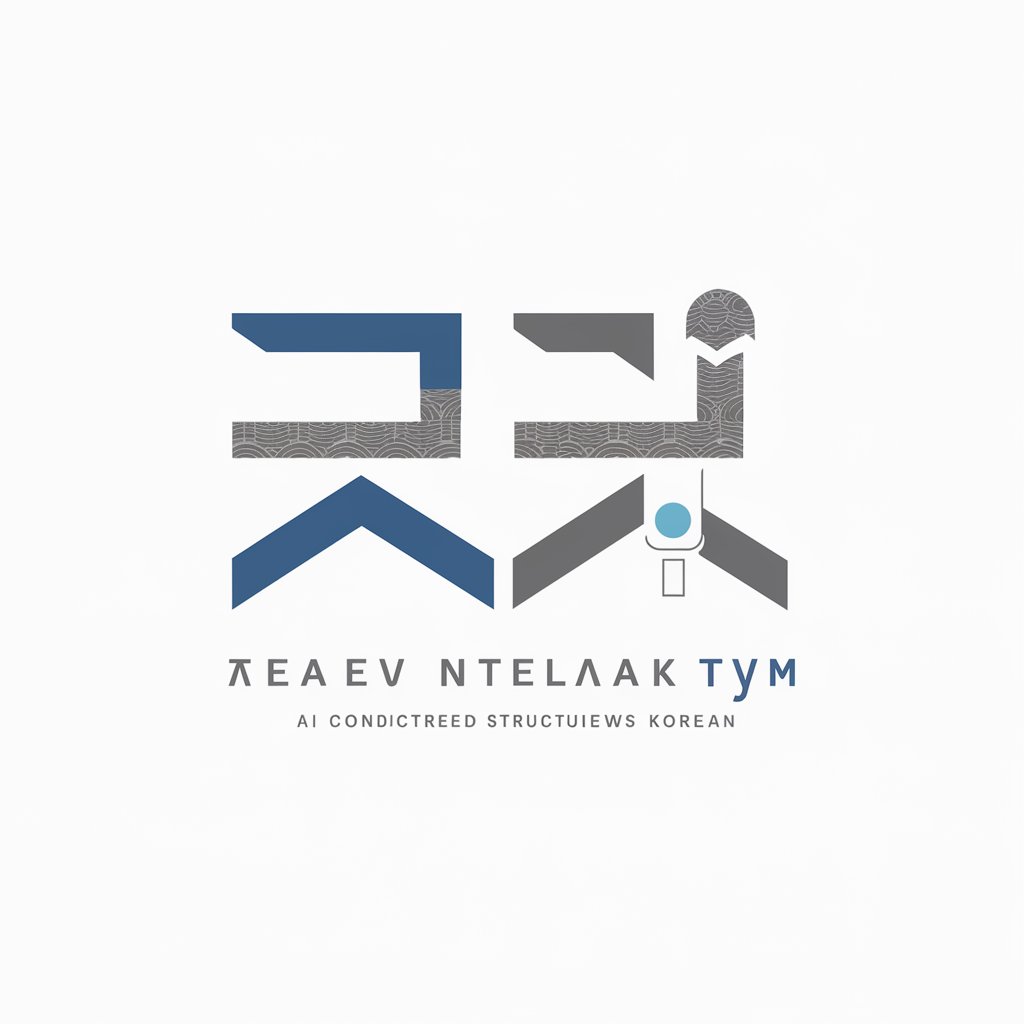
Sock Designer
Design Socks with AI Power

SEO
Elevating Your Online Presence with AI-Powered SEO

Golf Caddy GPT
AI-powered Golfing Companion

👁️👁️
Bringing Drawings to Life with AI
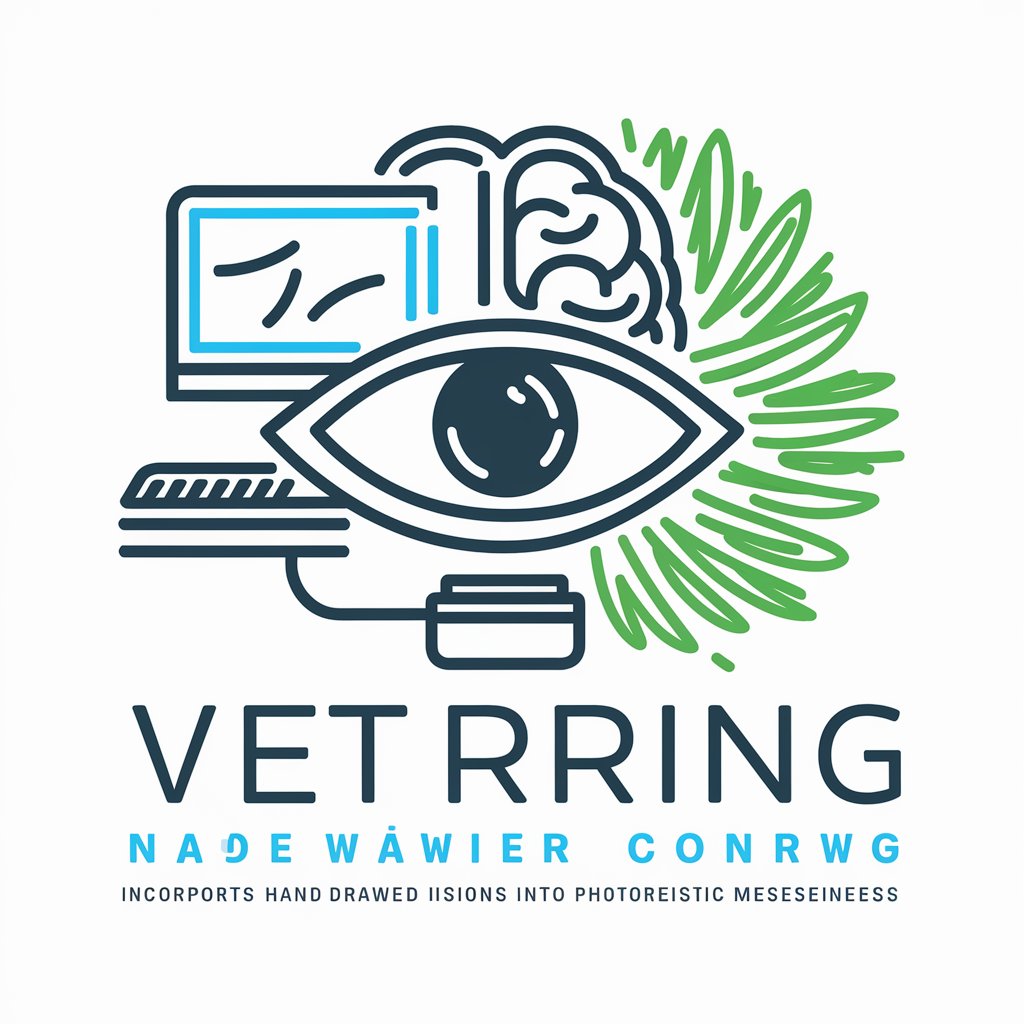
粗大ごみの捨て方調べる君
Streamlining bulky waste disposal with AI.

Digital Dating Coach
Revolutionizing Your Tinder Experience with AI
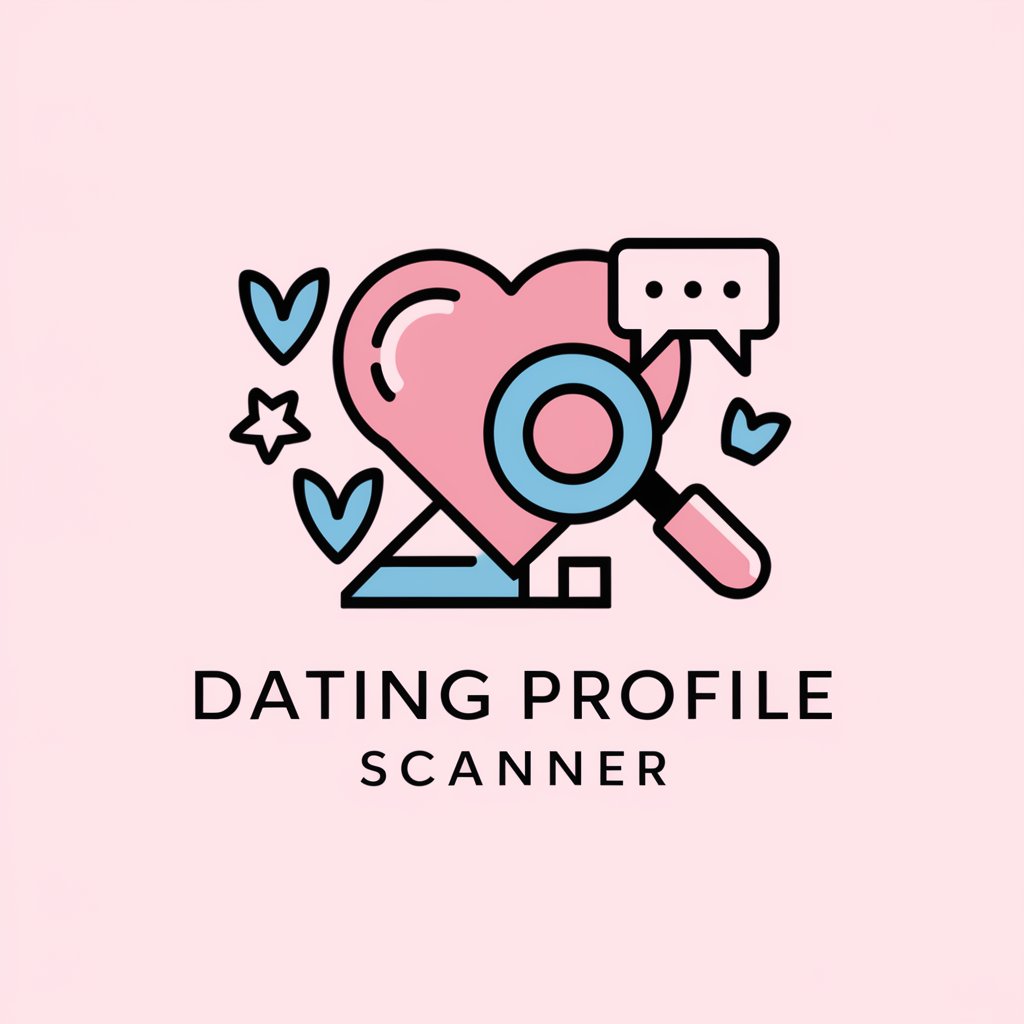
API Finder
Navigate APIs with AI Precision
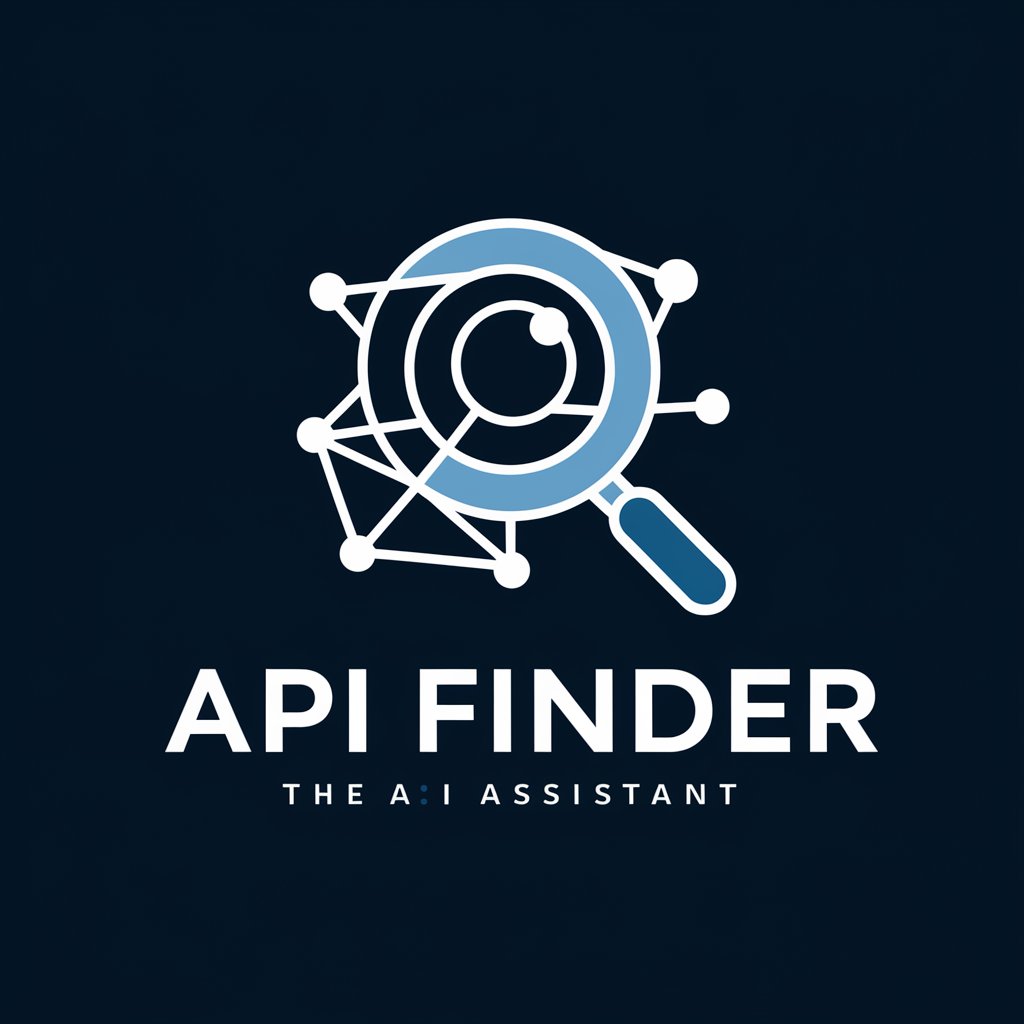
GDPR Assistance Q&A
What is GDPR and who does it apply to?
The General Data Protection Regulation (GDPR) is a regulation in EU law on data protection and privacy in the European Union and the European Economic Area. It also addresses the transfer of personal data outside the EU and EEA areas. GDPR applies to all organizations operating within the EU, and organizations outside the EU that offer goods or services to, or monitor the behavior of, EU data subjects.
How do I report a data breach under GDPR?
Under GDPR, organizations must report a personal data breach to the relevant supervisory authority within 72 hours of becoming aware of it, unless the breach is unlikely to result in a risk to the rights and freedoms of natural persons. If the breach is likely to result in a high risk, then the organization must also communicate the breach to the affected individuals without undue delay.
What rights do individuals have under GDPR?
Individuals have several rights under GDPR, including the right to access their personal data, the right to have inaccurate personal data corrected, the right to have their data erased ('right to be forgotten'), the right to restrict processing of their data, the right to data portability, and the right to object to data processing.
What constitutes personal data under GDPR?
Personal data under GDPR is any information relating to an identified or identifiable natural person ('data subject'). This includes information that can directly or indirectly identify a person, such as names, identification numbers, location data, online identifiers, or factors specific to the physical, physiological, genetic, mental, economic, cultural, or social identity of that natural person.
How should an organization prepare for GDPR compliance?
Organizations should start by conducting a data audit to identify all personal data they hold, process, or share. They should then assess their current data protection practices against GDPR requirements, identify gaps, and implement necessary changes. This includes updating privacy notices, establishing processes for handling individuals' rights requests, and ensuring that data processing activities have a lawful basis. Training staff on GDPR and its implications is also crucial.

